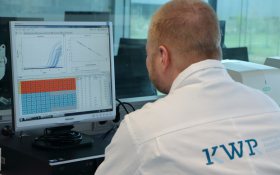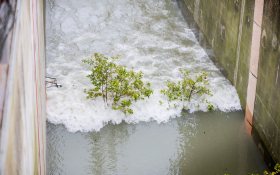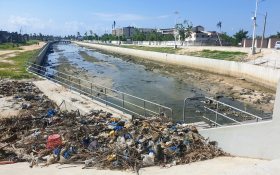SWA ministers meeting seeks catalytic actions to gain universal access to water and sanitation
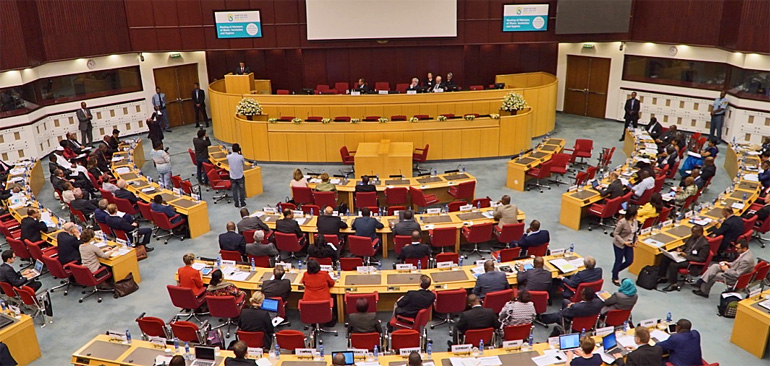
"It is tempting for donors to address the immediate needs in developing countries and sponsor a water project to serve another 10.000 people. But it may be more effective to put the money where it can be a catalyzer and change the system that lies behind providing water and sanitation", says CEO Patrick Moriarty of the Dutch-based international think-and-do-tank IRC Wash, on the occasion of the ministerial meeting of the Sanitation and Water for all (SWA) partnership in Addis Ababa, Ethiopia.
Ministers and representatives of 49 countries and many supporting partners have gathered at this two-day high-level meeting that took place from 15 - 17 March.
The SWA partners discuss joint actions to catalyse the implementation of national WASH plans to meet the United Nation's Sustainable development goal nr.6 (SDG6) on water, that calls for universal access to water and sanitation by 2030.
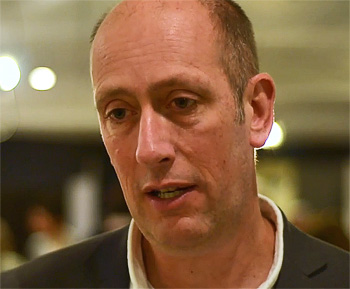 Patrick Moriarty of IRC Wash thinks that political leadership will be key to achieving universal access to water and sanitation.
Patrick Moriarty of IRC Wash thinks that political leadership will be key to achieving universal access to water and sanitation.
Political leadership
The 49 countries that participate in the SWA ministerial meeting have a difficult task ahead and political leadership will be key.
It is not only about achieving universal access to water and sanitation, Moriarty explains in his weblog.
The countries are at the same time faced with historically unprecedented environmental, economic and demographic changes.
Moriarty foresees that leaders shall need to analyse, innovate, reflect and adapt in the face of these rapid change. They need to find innovative ways of getting WASH services to the 'last mile', from the centre of the villages to the homes of people.
Adaptation of WASH services
For sustaining the WASH services, Moriarty writes in his weblog, it is necessary to analyse who is getting what level of service. This allows to target the gaps and to adapt services in the face of changing patterns of habitation, livelihood and demand.
Providing services in new ways at lower costs or dealing with climate uncertainty and demographic change calls for constant innovation, according to Moriarty.
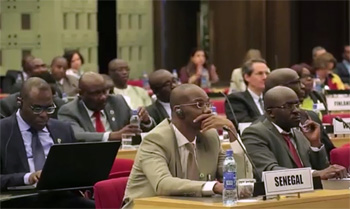 Evidence-based policy in practise
Evidence-based policy in practise
Moriarty calls for strong research and learning capacity, especially within the developing countries themselves.
Effective adaptation of policy and practice should be based on good quality evidence. The research and learning constituency will therefore work to provide this evidence, from its own research efforts, and from interpretation and analysis of monitoring data.
IRC is one of the knowledge centres that participates in the SWA partnership to support the developing countries.
Read Patrick Moriarty's full blog on the websites of IRC Wash and SWA.
More information
SWA secretariat
c/o UNICEF
New York, USA
www.sanitationandwaterforall.org
and
SWA ministerial meeting
IRC Wash
The Hague, the Netherlands
+31 70 304 4000
www.ircwash.org
Day one report of the SWA Ministerial Meeting on 15 March.
